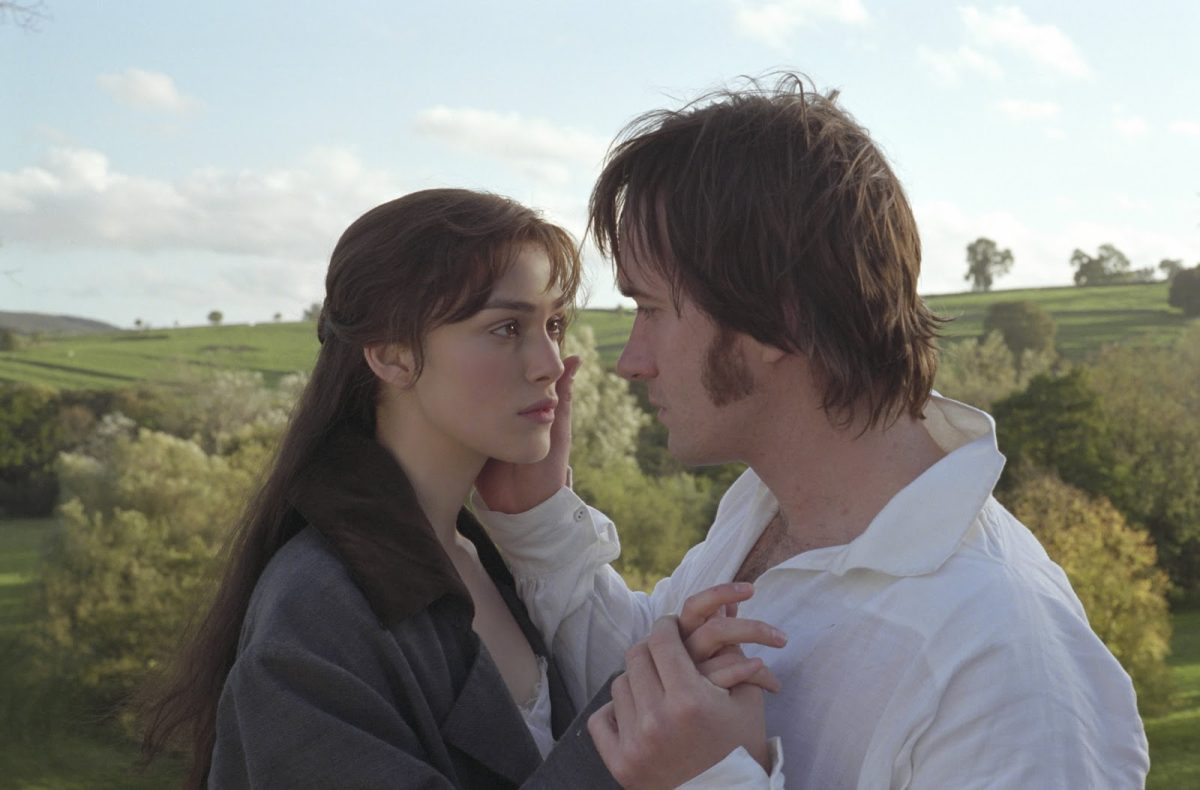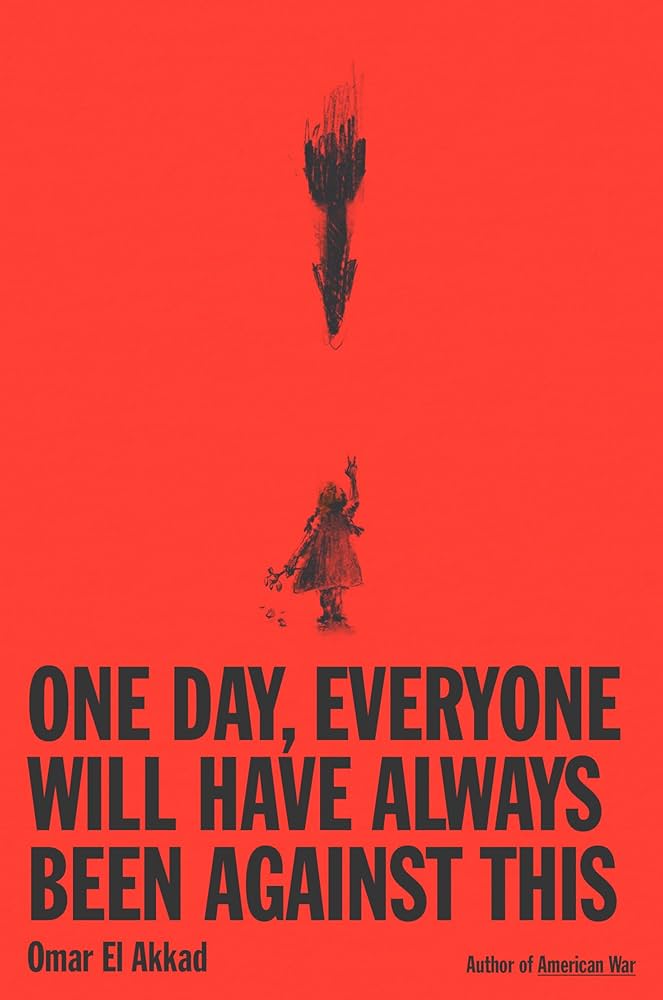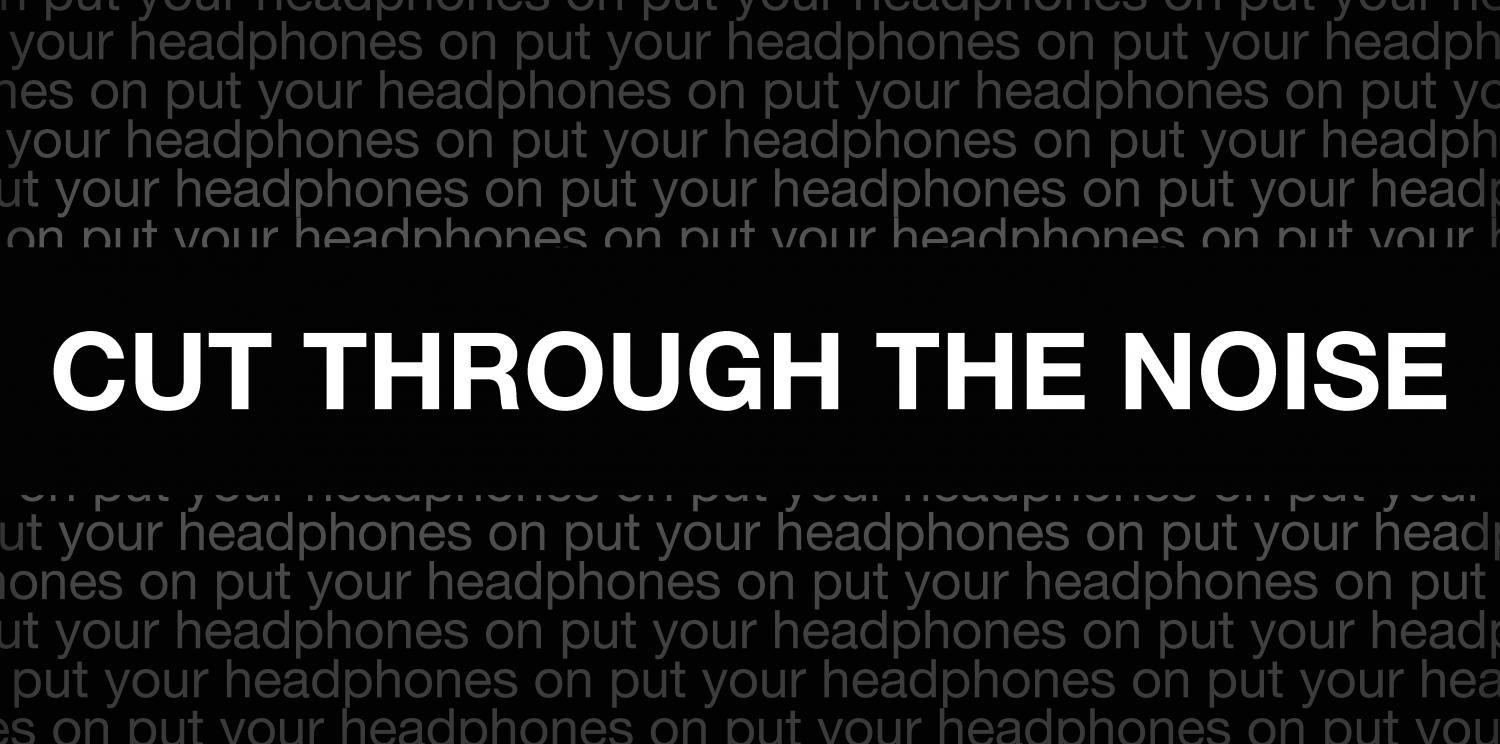To believe in men being written by women is to believe in the impossible. By false promises and the allures of fantasies, people have held onto the concept that is “men written by women” without knowing the truth of what it is — a truth which should be chastised.
The concept of “men written by women” began on the internet and, though it is loosely defined, concerns men — both fictional and non-fictional — who possess traits valued by women. In being set apart from patriarchal expectations, these men are designed through the female gaze. Because women are the architects, these men are built upon a foundation which upholds female divinity and does not crumble beneath the weight of a woman’s world.
In consequence, the “men written by women” are undoubtedly the ones most coveted. Drawn to their genuine nature and the dimensions of their disposition, women desire these men, as being connected to them means being emotionally intertwined and entirely understood. When confronted by “men written by women,” women’s needs and desires are seen; women feel seen. Women are not burdened by men’s intentions or exploited by entrusting them with love. Yet, because women hold the pen, what is written falls to perfectionism — to waking from a dream.
A fantasy uncovered in the pages of a book and on a dazzling screen, Fitzwilliam Darcy Esquire in Jane Austen’s “Pride and Prejudice” sets the precedent for “men written by women.” As the male lead of the novel, Mr. Darcy is a man to defend — to desire. He understands when to take a loss, never expecting the female lead, Elizabeth Bennet, to change her mind. He listens to Elizabeth yet does not accept all she says, believing in his own intelligence and defending what he knows to be true. In reflecting on his own behavior and hating it, Mr. Darcy’s decision to change is not an attempt at winning Elizabeth but a desire to become a better person; he did not want her to feel obligated to him, and she never did. He represents the dream women beg to not be separated from.
Despite the enticement of this dream, it is the cruelest manifestation of perfectionism, impacting the men in women’s true lives. The concept of “men written by women” pins men against their humanity. It is not sensible to expect that men should be able to read women’s minds and know them entirely, as what sets men and women apart permits desire between them. In painting this utopian vision of what masculinity could be and claiming contemporary men are tragedies, “men written by women” is a prejudiced and ignorant critique. It is as though women combat the societal pressures inflicted by men on women with more societal pressures—ones which they have designed for men. With “men written by women” on a pedestal and the idolization of fantasies, women are pursuing a war with men which leads them to be more misunderstood.
In all, what drives the concept of “men written by women” is the power it possesses. To desire inaccessible men is to declare vexation with the absence of connection between men and women in the modern age. Because women have designed these fantasies and been comforted by their promises, the fault lies in their condemnation of the truth. Still, it is difficult to critique the concept of “men written by women” because there is one undeniable truth. Women have claimed a voice through it. In unveiling what women are told to desire, it is evident that men’s perceptions of women are commonly tainted by sexism and an absence of realism. By permitting women to write their own stories, the lies men defend are unwritten. Despite all this, it is important to wonder if placing the pen — the power — in a woman’s hand is an attempt to silence her. Empowerment cowers at the limitations of a fantasy.










